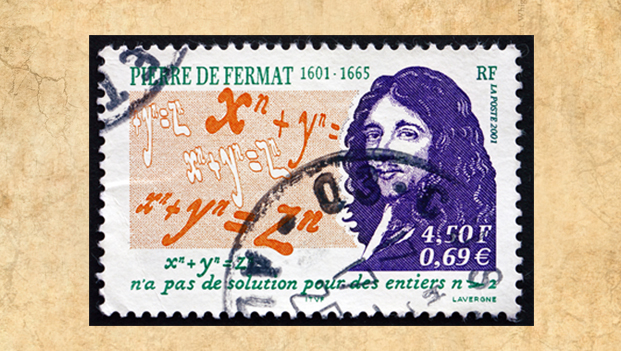8th February 2016
Professor Jagadish Chandra Bose demonstrated that the electric rays had the ability to travel long distances without the help of any wire. He did so by initiating the electric rays using a radiator in the lecture room, which passed through three solid walls of the lecture room, an intervening room, to a third room. The receiver of the radiation used the incoming rays to ring a bell, discharge a pistol, and explode a miniature mine. Bose never patented his findings. Almost about the same time, Guglielmo Marconi devised a system using a transmitter, some coherers and receivers that could send wireless signals through long distances. He was successful in patenting the system and commercializing it.
∼ Continue Reading ∼
• • •





